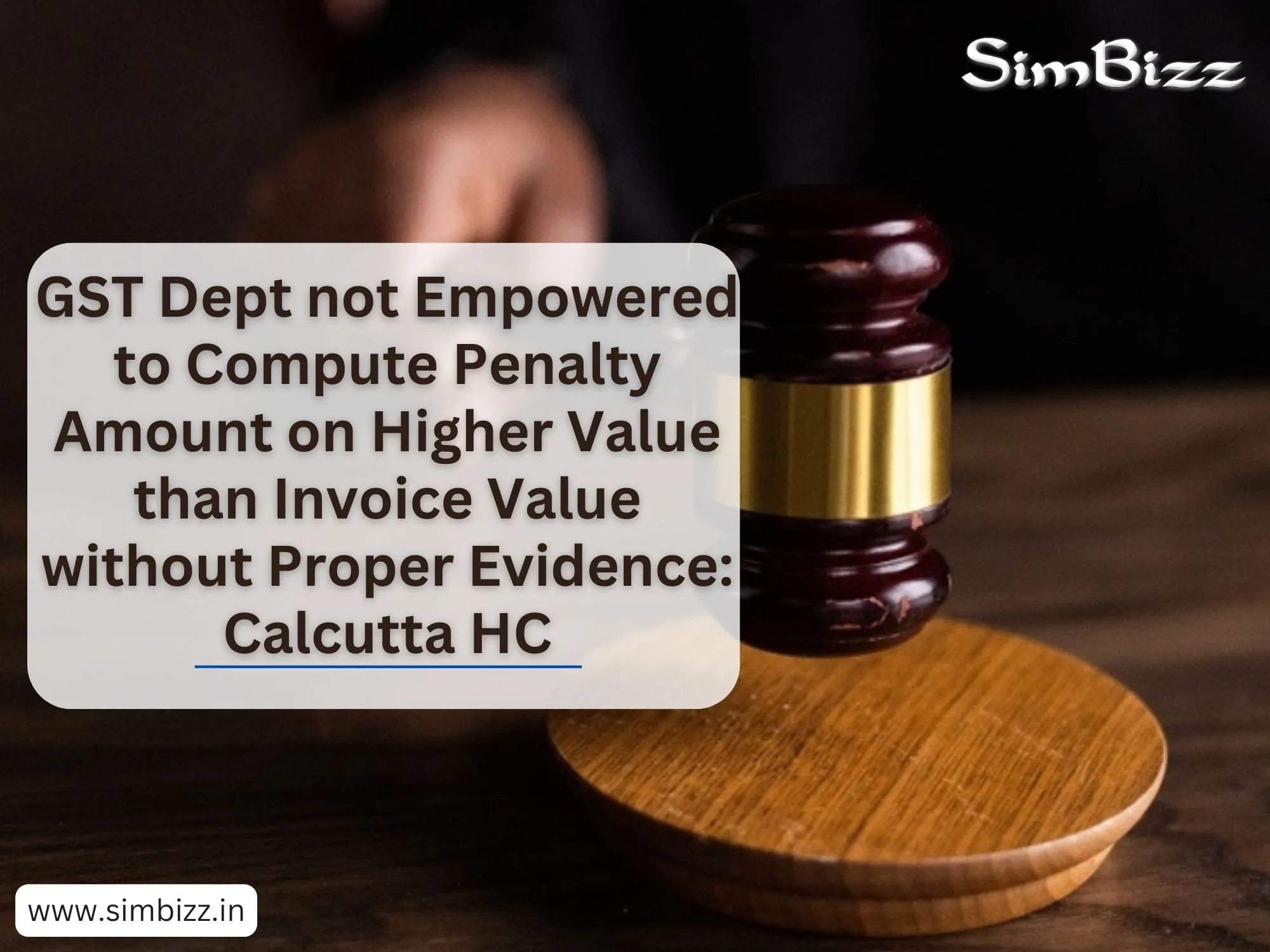The Calcutta High Court recently delivered a significant judgment in the case of Ashish Kumar Sharma Vs Deputy Commissioner, revolving around the computation of penalty by the GST department.
Detailed Analysis: The case stemmed from a dispute over the imposition of a penalty on Ashish Kumar Sharma, a trader of dehydrated coal tar and allied products. The penalty was levied due to an expired e-way bill during the transportation of goods. The appellant contended that the vehicle experienced breakdowns during the journey, leading to delays in reaching the destination and subsequent interception by authorities.
The crux of the matter lay in determining whether the penalty imposed was justified without considering the intent to evade tax. The appellant argued that there was no deliberate attempt to evade payment, citing various breakdowns and challenges faced during transportation. However, the appellate authority upheld the penalty, emphasizing the statutory requirement of a valid e-way bill.
The High Court scrutinized the facts and circumstances of the case, considering the appellant’s submissions and statutory provisions. It acknowledged the rigidity of penalty imposition but highlighted the absence of evidence indicating intent to evade tax. Moreover, it noted procedural lapses in the adjudicating authority’s decision-making process, indicating arbitrariness.


